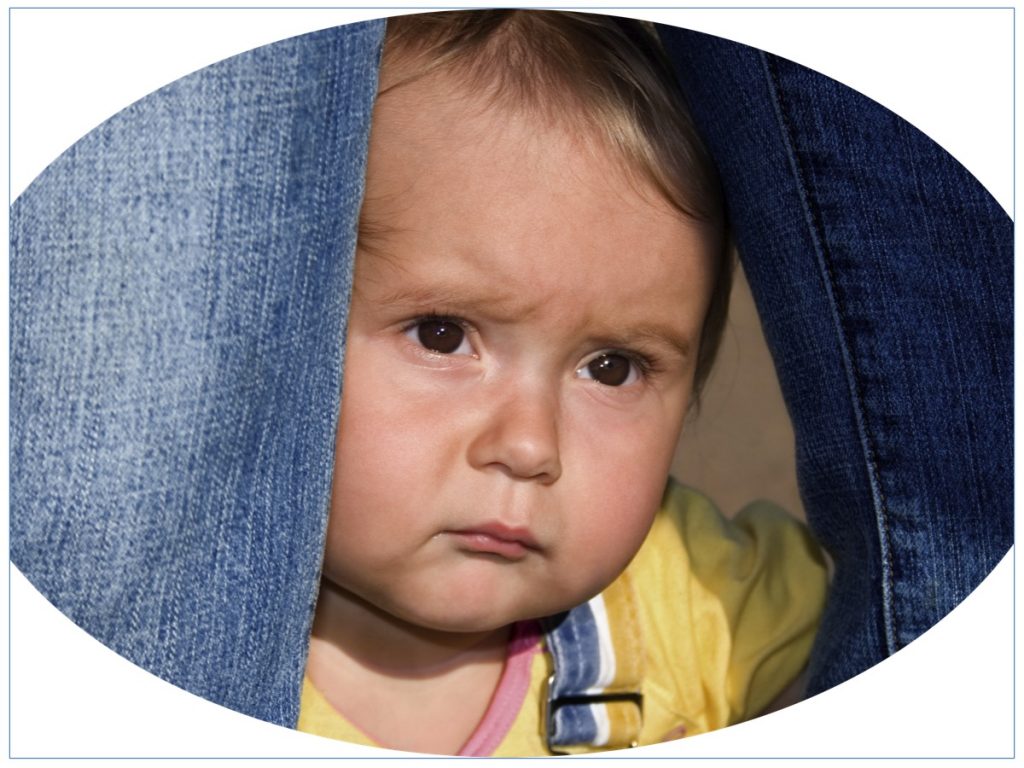
We need to be careful to distinguish typical developmental responses from a temperamental trait. For example, a one-year-old clings to his dad in a new place. He might be showing an age-appropriate response to strangers. But another toddler might have a shy temperament and lower tolerance for novelty. These two children will need different types of support over time. It is important for parents to tailor their demands to their child’s unique temperament. This will help a child grow into a well-adjusted adult, no matter what his temperament is.
-
- Anterior cingulate cortex
- part of the brain that helps control emotional impulses
- Dimension
- more or less of a behavior
- Goodness of fit
- occurs when your expectations are compatible with a child’s temperament
- Negative reactivity
- a tendency to react in a negative manner
- Positive reactivity
- a tendency to react in a positive manner
- Prefrontal cortex
- the decision-making area of the brain
- Self-regulation
- a child’s ability to concentrate, to manage emotions, and to control impulses
- Temperament
- how a person approaches the world